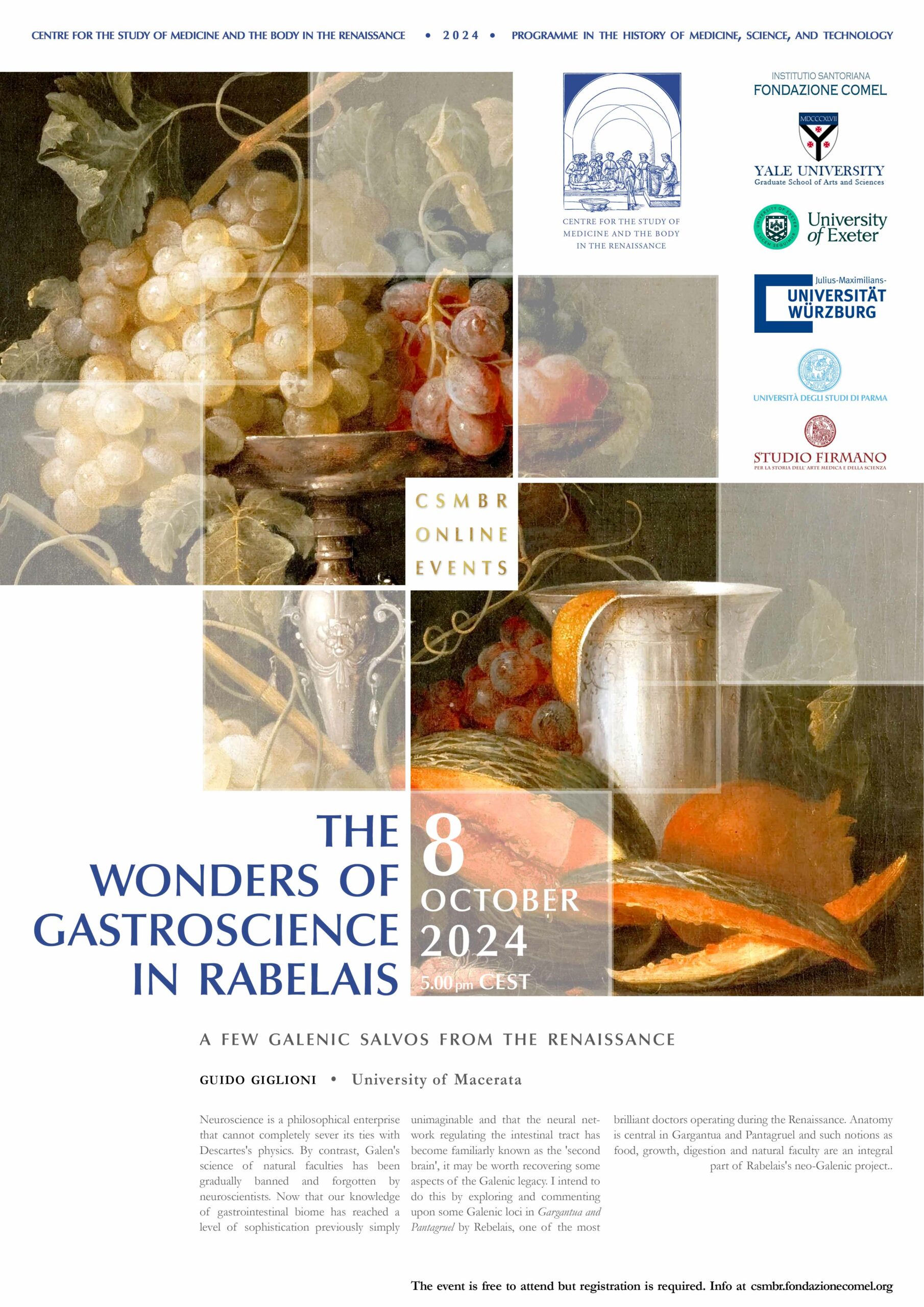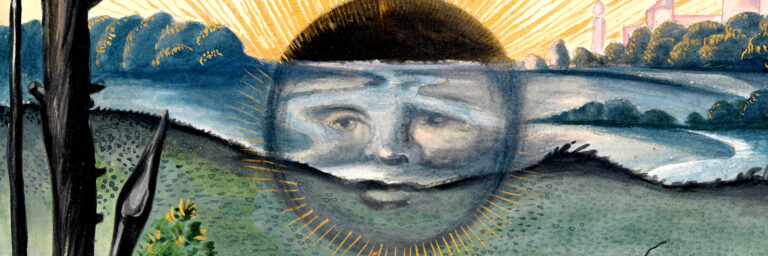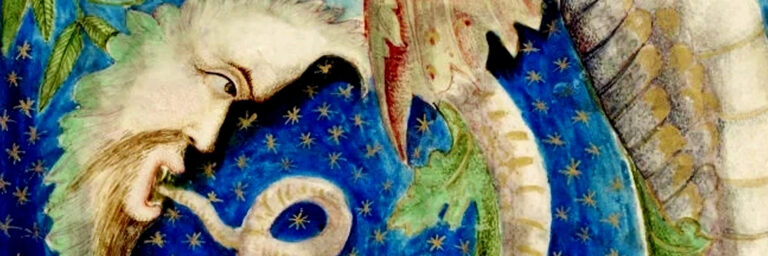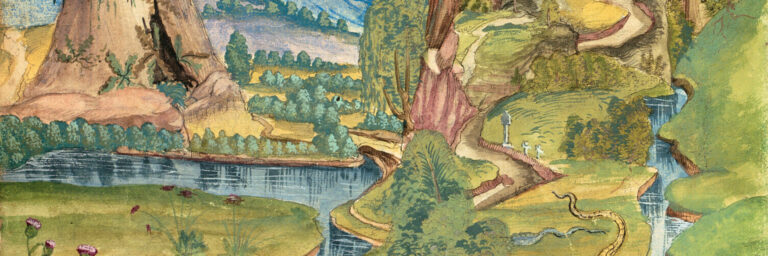Gastroscience in Rabelais

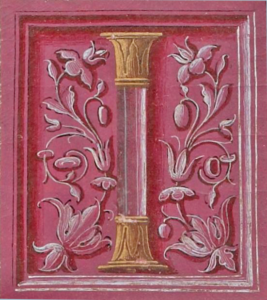
The Wonders of Gastroscience in Rabelais
A Few Galenic Salvos
from the Renaissance
Guido Giglioni
8 October 2024 – 5 PM (CEST)
Neuroscience is a philosophical enterprise that cannot completely sever its ties with Descartes’s physics. By contrast, Galen’s science of natural faculties has been gradually banned and forgotten by neuroscientists.
Now that our knowledge of gastrointestinal biome has reached a level of sophistication previously unimaginable and that the neural network regulating the intestinal tract has become familiarly known as the ‘second brain’, it may be worth recovering some aspects of the Galenic legacy.
I intend to do this by exploring and commenting upon some Galenic loci in Gargantua and Pantagruel by Rabelais, one of the most brilliant doctors operating during the Renaissance.
Anatomy is central in Gargantua and Pantagruel and such notions as food, growth, digestion and natural faculty are an integral part of Rabelais’s neo-Galenic project.
About the Speaker ...
Guido Giglioni is a professor of history and philosophy at the University of Macerata.
He studied philosophy at the University of Macerata and the history of science and medicine at Johns Hopkins University (Baltimore, USA). From 2004 to 2017, he taught Renaissance Latin and the history of modern philosophy at the Warburg Institute, School of Advanced Study, University of London. His research focuses on modern ideas of life and imagination, and their connections with the concepts of matter and knowledge. Most notably, his research has been devoted to uncovering the Baconian roots of modern concepts of matter and life (from Bernardino Telesio to Jean-Baptiste Lamarck) contextualised within a broad study of imagination, seen as a faculty that plays a key role in mediating between the realms of corporeality, space, and movement.



